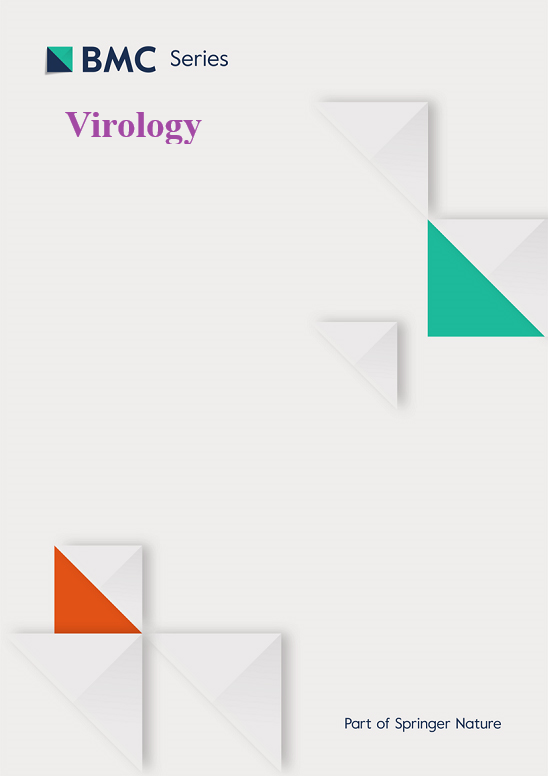Exploring deep learning in phage discovery and characterization
IF 2.8
3区 医学
Q3 VIROLOGY
引用次数: 0
Abstract
Bacteriophages, or bacterial viruses, play diverse ecological roles by shaping bacterial populations and also hold significant biotechnological and medical potential, including the treatment of infections caused by multidrug-resistant bacteria. The discovery of novel bacteriophages using large-scale metagenomic data has been accelerated by the accessibility of deep learning (Artificial Intelligence), the increased computing power of graphical processing units (GPUs), and new bioinformatics tools. This review addresses the recent revolution in bacteriophage research, ranging from the adoption of neural network algorithms applied to metagenomic data to the use of pre-trained language models, such as BERT, which have improved the reconstruction of viral metagenome-assembled genomes (vMAGs). This article also discusses the main aspects of bacteriophage biology using deep learning, highlighting the advances and limitations of this approach. Finally, prospects of deep-learning-based metagenomic algorithms and recommendations for future investigations are described.
探索深度学习在噬菌体发现和表征中的应用
噬菌体或细菌病毒通过塑造细菌种群发挥多种生态作用,并具有重大的生物技术和医疗潜力,包括治疗多重耐药细菌引起的感染。深度学习(人工智能)的可及性、图形处理单元(gpu)计算能力的提高和新的生物信息学工具加速了使用大规模宏基因组数据发现新型噬菌体的速度。本文综述了噬菌体研究的最新进展,从应用于宏基因组数据的神经网络算法到使用预先训练的语言模型(如BERT),这些模型改善了病毒宏基因组组装基因组(vMAGs)的重建。本文还讨论了使用深度学习的噬菌体生物学的主要方面,突出了这种方法的进步和局限性。最后,对基于深度学习的宏基因组算法进行了展望,并对未来的研究提出了建议。
本文章由计算机程序翻译,如有差异,请以英文原文为准。
求助全文
约1分钟内获得全文
求助全文
来源期刊

Virology
医学-病毒学
CiteScore
6.00
自引率
0.00%
发文量
157
审稿时长
50 days
期刊介绍:
Launched in 1955, Virology is a broad and inclusive journal that welcomes submissions on all aspects of virology including plant, animal, microbial and human viruses. The journal publishes basic research as well as pre-clinical and clinical studies of vaccines, anti-viral drugs and their development, anti-viral therapies, and computational studies of virus infections. Any submission that is of broad interest to the community of virologists/vaccinologists and reporting scientifically accurate and valuable research will be considered for publication, including negative findings and multidisciplinary work.Virology is open to reviews, research manuscripts, short communication, registered reports as well as follow-up manuscripts.
 求助内容:
求助内容: 应助结果提醒方式:
应助结果提醒方式:


